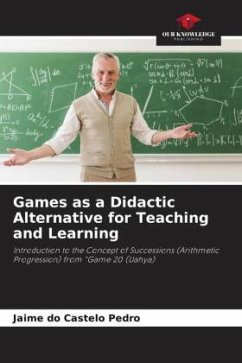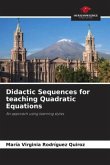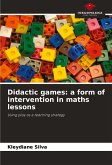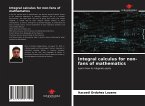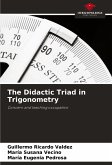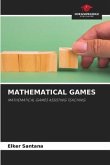The lack of motivation on the part of students in mathematics classes during the mediation and assimilation of certain content, the lack of creativity and knowledge of the reality of education in which we insert is an issue that has prevented a progression in the process of teaching and learning. In this sense, the General Secondary Education Programs (PESG) of our country do not present references about games in the classroom not, it is assumed that the teacher in his improvement of mediation and assimilation, maximizing the Teaching and Learning Process (TEP) has to apply his creativity in order to bring the student closer to the content. This situation occurs when looking at mathematical didactic games in the classroom. The problem is based on the potential that didactic mathematical games in the classroom bring to a motivating mediation and assimilation, taking into account the real conditions of teaching in our country. For the research carried out, bibliographic research and document analysis were used, making a direct observation of the current situation of the implementation of mathematical didactic games in the classroom and its consequences.
Bitte wählen Sie Ihr Anliegen aus.
Rechnungen
Retourenschein anfordern
Bestellstatus
Storno

